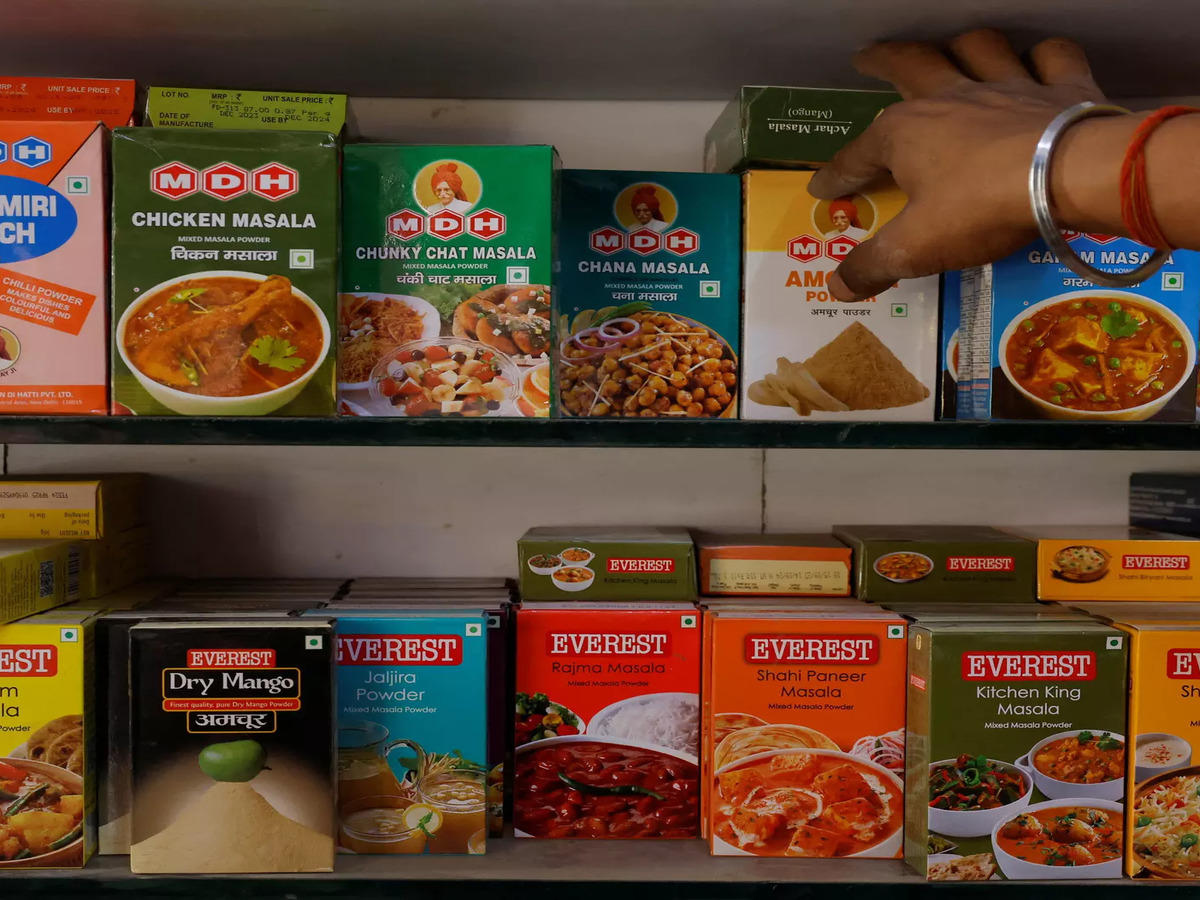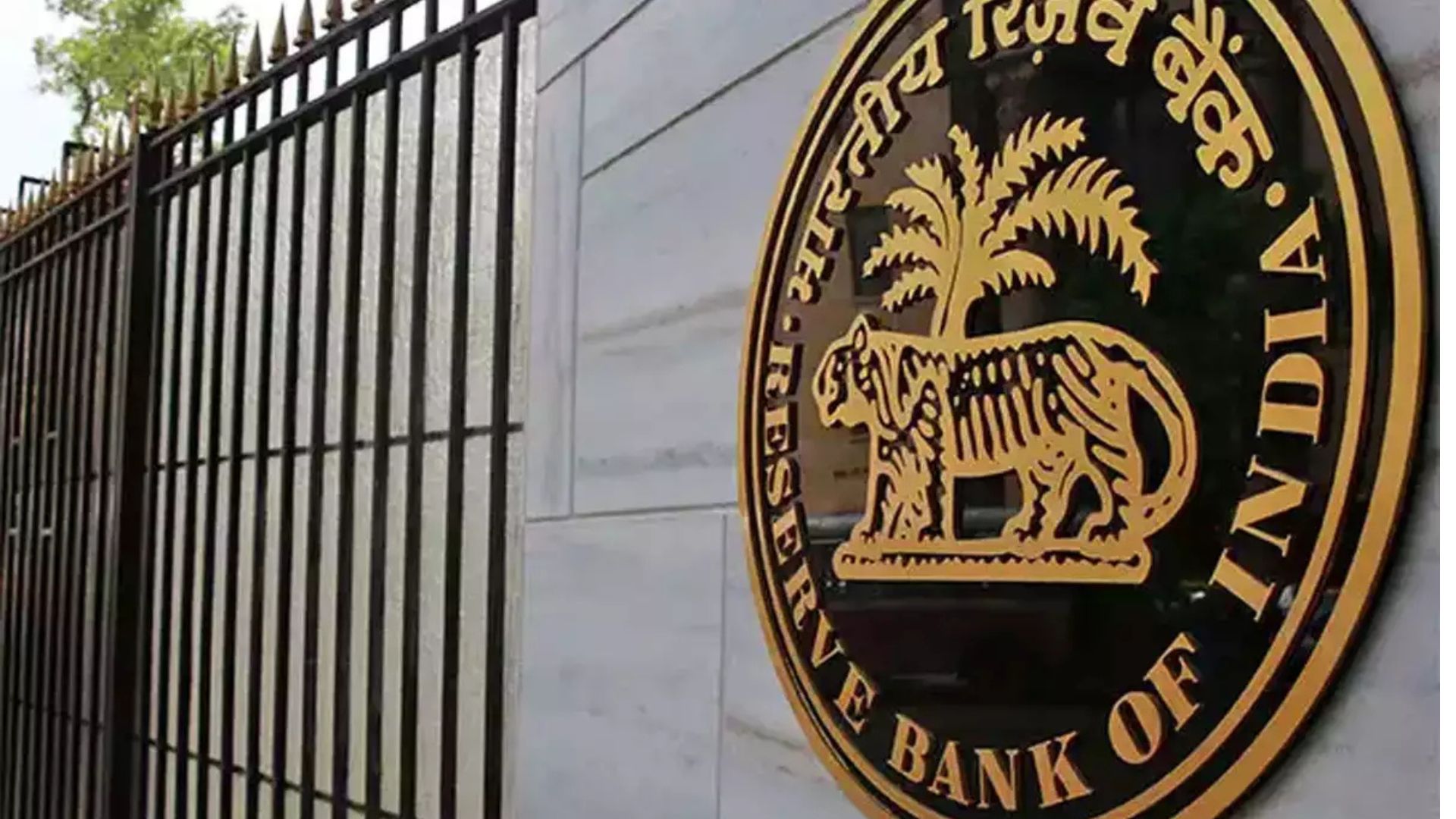FSANZ mentioned, “We are working closely with federal, state, and territory food enforcement agencies, as well as international partners, to understand the issue and determine if further action is warranted in Australia. Recalls are being considered as a potential response.”
According to the Reuters report, the FDA affirmed that “ethylene oxide is prohibited for use as a treatment for food products sold in Australia.”
Despite recent inspections conducted by Indian authorities at MDH and Everest facilities, the U.S. Food and Drug Administration (FDA) announced on April 26 that it was in the process of gathering additional information regarding the issue.
In 2019, the FDA ordered a recall of multiple batches of an MDH product due to salmonella contamination. More recently, in 2023, the agency mandated the recall of two spice blends from Everest due to similar contamination concerns, as stated in the report.
India recently requested export data from Hong Kong and Singapore following regulatory actions taken in these nations concerning MDH and Everest products.
According to a statement by the Centre for Food Safety in Hong Kong, the Indian embassy was informed of the test results for necessary follow-up actions, although specific details were not disclosed.
India holds the title of the world’s largest exporter, consumer, and producer of spices. MDH and Everest are prominent players in India’s spice market, which was valued at $10.44 billion in 2022, as reported by Zion Market Research. In the fiscal year 2022-23, India exported spices worth $4 billion.
















